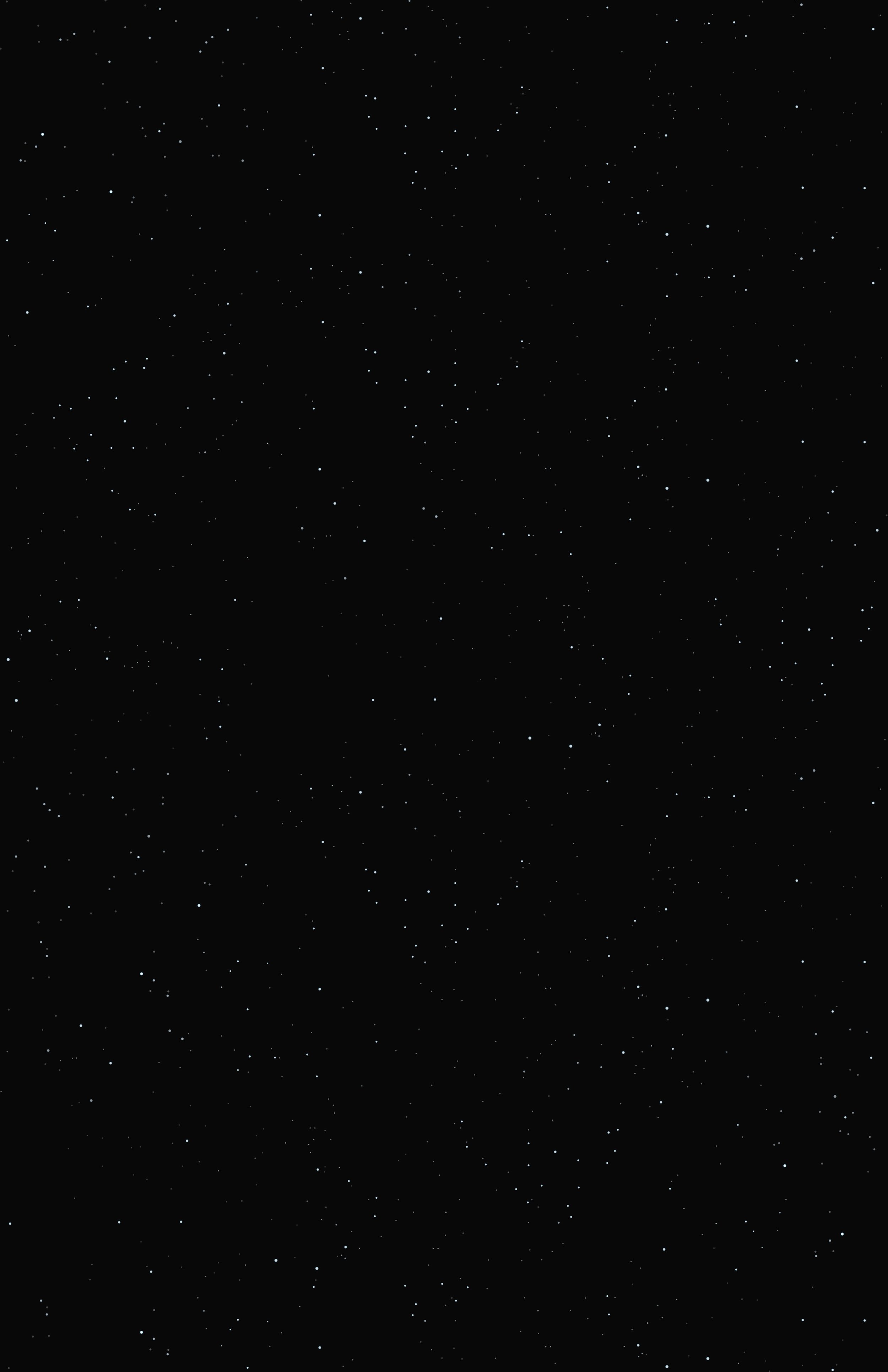
A Philosophical
Relationship
to Life
In this modern world, where the mainstream culture ebbs along the tides of meta-data and algorithms, where entire self-hoods and cultural norms are reproduced on a mass-industrial scale, where reading, reflecting on life, and forging ourselves with careful patience are now luxuries which cannot be financially nor emotionally afforded, what, then, does it mean to be authentic? To be free? To be alive and human, and not merely surviving, passing through life in a blur, unaware of where one’s footsteps have been, let alone where they are heading?
I’m talking about what it means to have a philosophical relationship to life in this age of artifice, which is to defy the imperial economic principle that we do not need to know who we are, who we want to be, and what we live for in order to work. The vast majority of people in the world have had to come to terms with the fact that we also don’t need to love nor be happy in order to work, which are now ‘luxuries’ that have been denied from the minimum wage paycheck here in Scotland, and much elsewhere. Therefore, for those who can afford the allocation of mental clarity, time, and effort, we (I include myself as such) have the obligation to exercise a philosophical relationship to life, for not only do we then live deliberately, authentically, and freely, but because we owe it to the injustice in the world to see as clearly for ourselves the individual and societal role we play in the reproduction of those injustices. In other words, we ought to radically question who we are and the world around us, to boldly seize our part in forming our beings, and the world of tomorrow.
But what exactly is a philosophical relationship to life? In a way philosophy has been an obsession with the idea that we can achieve the answer to all our questions, and that eventually we can be done with the activity altogether and frolic about the rest of our days. However, call me pessimistic, life most likely will end brutally incomplete. We could write many books on death and still, rather embarrassingly, end up 97 years old and bed-ridden, still fearing death, wishing to live longer. The virtue of the philosophical relationship to life, however, is not realised by achieving an impossible answer, but in that we strove tirelessly to achieve one at all—That we died only after embodying many approaches to life, peering through a wildly diverse range of perspectives, and living romantically in love with hope, despite the temptations of cynicism. Only by putting up a heroic fight can we mourn defeat with dignity, because in doing so, we have given life its ultimate affirmation.
Question everything! We are only as free as our imagination. Stretch the boundaries of life into the unknown, stare into the mirror and dare to become alien, to step into brutally solitary realms of being. Maybe only then can one truly say, ‘I was authentic, I was free.’ Accelerate the journeys of self-discovery and self-becoming, accelerate the social dialectic, and secure for yourself a meaningful life and a vision of the world you want to live in. Maybe only then can we uproot society from its exploitative past, and reproduce it from a clean slate. As Eduardo Galeano states in his concluding line in Las Venas Abiertas de América Latina, “There are those who believe that destiny rests on the knees of the gods; but the truth is that it confronts the conscience of man with a burning challenge.” Such is what it means to have a philosophical relationship to life.


